The relationships between aircraft makers and clients are under the spotlight like never before due to the constraints brought about by the pandemic and the recent surprising resolution to the legal battle between Airbus and Qatar Airways over the A350 paint quality control issues. As such, we thought this would be a good time to revisit just who the largest customers of one of aerospace's greats are, and what they have ordered.
As the industry continues to bounce back from its unprecedented standstill during the coronavirus pandemic and related travel restrictions, Airbus logged orders for 37 aircraft in January 2023. Twelve of these were for A220s from Delta Air Lines.
Another 12 of the A320neo family will go to an as-of-yet undisclosed customer, whereas a further dozen A320neo family jets are going to Uzbekistan Airways. Finally, DAE Capital ordered one A320neo. A dozen jets may not seem like very much when it comes to aircraft orders, but every little bit adds up.
Although Uzbekistan Airways will not make our list, they add to an already substantial Delta order history, as we shall see further on. Widebody orders were conspicuous by their absence, but industry predictions are they will begin to trickle back in over the following year.
Preferential treatment
Since Airbus began producing commercial passenger aircraft in the 1970s, the planemaker has amassed a total of 21,737 orders. Thus far, it has delivered 14,482 of them to 444 customers, on occasion trading places with Boeing for most aircraft sold of any one family - the A320 vs. the 737. Their rivalry has certainly spurred innovation and while other manufacturers such as COMAC are gaining momentum, the duopoly seems unthreatened for now.
But which airlines have shown the most loyalty toward the European planemaker over the years and keeping Toulouse, Hamburg, and more recent additions such as Mobile and Tianjin, busy? Let's take a closer look at the massive order books of some dedicated Airbus fans.
Who are the top ten Airbus airline customers?
Without further ado, here is the list of the airlines that have ordered the most aircraft from Airbus as of January 2023, with data collected from the planemaker's own figures. This list is ranked by aircraft numbers, not by the financial value of the orders (as this is notoriously hard to pin down and all we can do is guesstimate by going by list value).
Also, we are only listing airlines, and not lessors, although they would most certainly make the list (such as NAS Aviation Services with 633 or AerCap with 397 jets). However, in the operating numbers, leased aircraft are taken into account, which is why you will sometimes see a higher number than the number of planes that have been delivered directly to the airline.
Airline | Historic Orders | Historic Deliveries | Operating |
IndiGo | 830 | 342 | 268 |
AirAsia Malaysia | 592 | 230 | 212 |
easyJet | 548 | 383 | 332 |
Lufthansa | 521 | 424 | 272 |
China Eastern Airlines | 507 | 402 | 441 |
Wizz Air | 490 | 195 | 171 |
Delta Air Lines | 481 | 263 | 415 |
China Southern Airlines | 411 | 311 | 371 |
JetBlue Airways | 378 | 230 | 230 |
Frontier Airlines | 356 | 135 | 121 |
All of the orders above are cumulative and include what the carriers have already had delivered. Deliveries are aircraft ordered by and delivered to the airline, and operating is currently how many Airbus aircraft are in the fleet as of January 2023. Let's break down the leaders on this list and see what carriers have ordered.
IndiGo
At the top of the list is the Indian giant IndiGo. The carrier has made a colossal 830 orders with Airbus and heavily uses the A320 family aircraft throughout the Indian subcontinent. Its orders are below. If you are wondering where the A321XLR is, Airbus includes that (and the A321LR) as a variant of the A321neo.
Aircraft | Number of Historical Orders |
A320ceo | 100 |
A320neo | 344 |
A321neo | 386 |
Total | 830 |
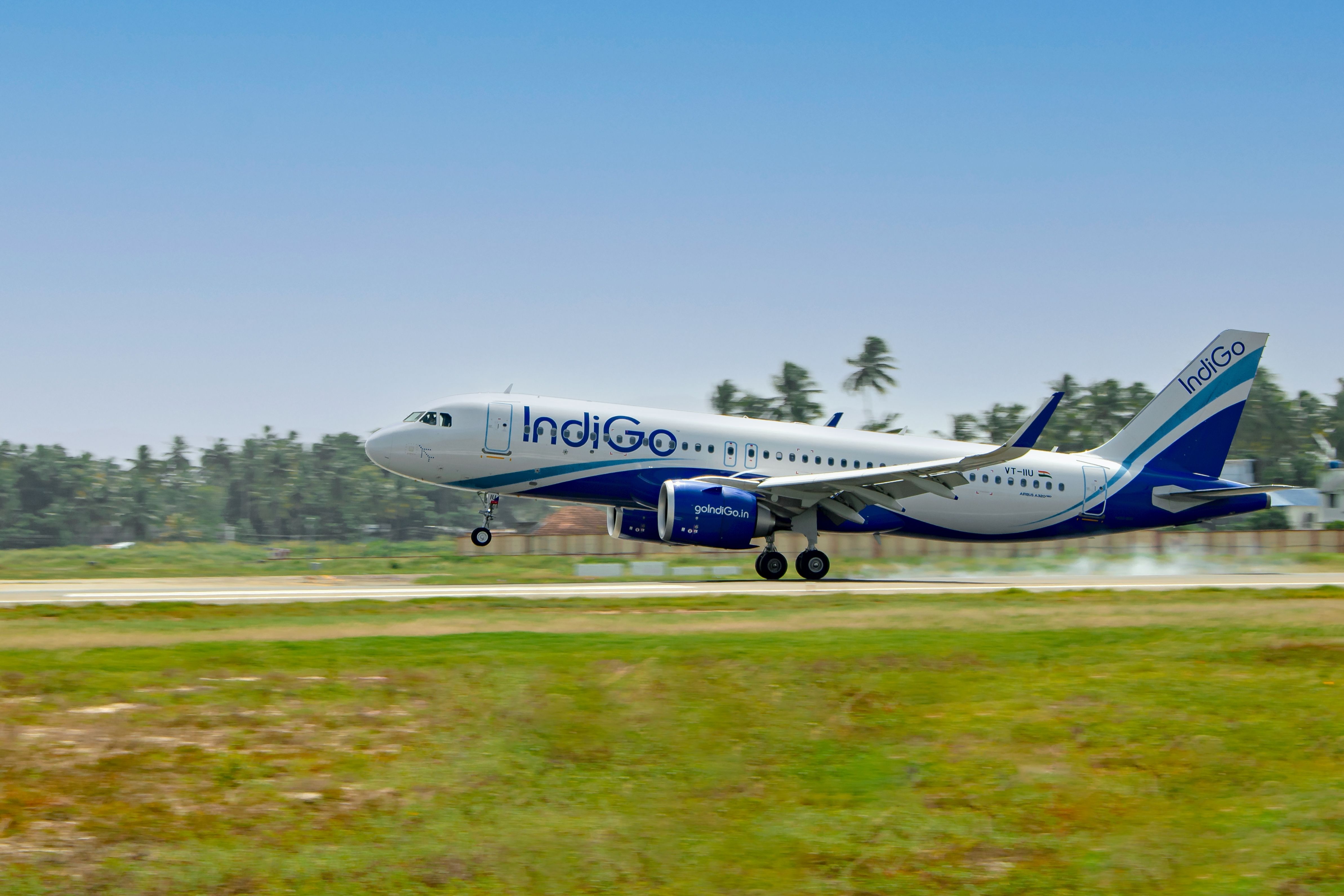 AirAsia Malaysia
AirAsia Malaysia
The most awarded low-cost carrier in the world has a stellar fleet of Airbus aircraft. Its network reaches throughout South East Asia and has been a big part of bringing affordable travel to the region. Here is its fleet breakdown:
Aircraft | Number of Historical Orders |
A320ceo | 188 |
A320neo | 38 |
A321neo | 366 |
Total | 592 |
easyJet
European low-cost carrier easyJet also has a substantial order book with its preferred plane provider. The two are also in close collaboration when it comes to developing the propulsion system of the future.
Aircraft | Number of Historical Orders |
A319ceo | 172 |
A320ceo | 149 |
A320neo | 179 |
A321neo | 48 |
Total | 548 |
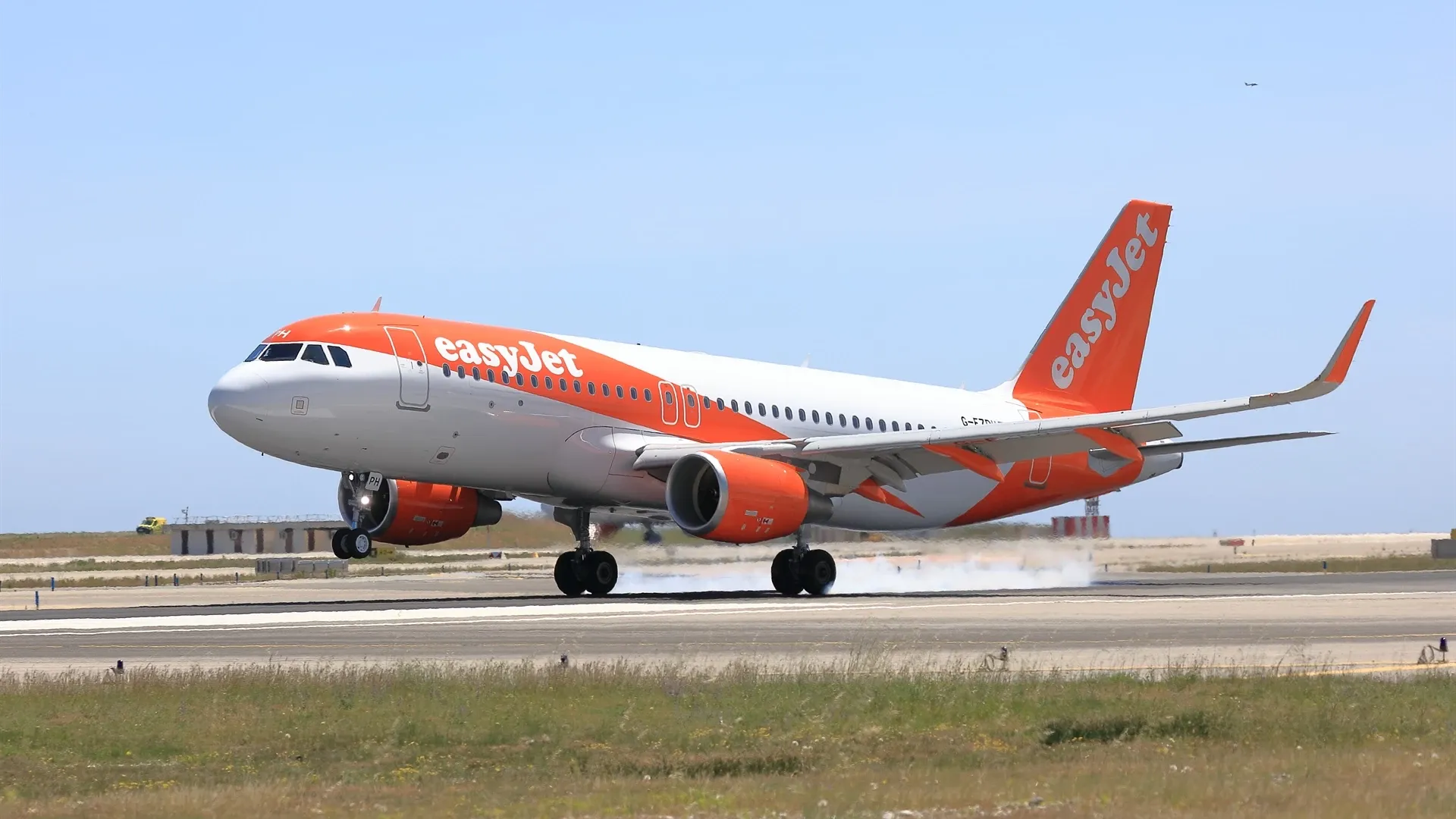 Lufthansa
Lufthansa
In fourth place is Lufthansa. Unlike the first three low-cost model short- and medium-haul carriers in this list, Lufthansa has a mixed fleet of several different Airbus aircraft, both single- and dual-aisle.
Aircraft | Number of Historical Orders |
A319ceo | 30 |
A320ceo | 123 |
A320neo | 84 |
A321ceo | 64 |
A321neo | 40 |
A300 | 23 |
A310 | 20 |
A330-300 | 19 |
A340-200/300 | 35 |
A340-500/600 | 24 |
A350-900 | 45 |
A380 | 14 |
Total | 521 |
China Eastern
The first Chinese airline on this list used Airbus aircraft to become a powerhouse in Asia. This carrier has been with Airbus since the beginning and has orders from the A300 to the A350. In July last year, the airline was part of a combined order from several Chinese carriers for 292 A320 family aircraft, which bumped its place in the list a couple of places.
Aircraft | Number of Historical Orders |
A319 | 33 |
A320ceo | 124 |
A321ceo | 72 |
A320neo | 102 |
A321neo | 72 |
A300 | 7 |
A310 | 5 |
A330-200 | 33 |
A330-300 | 33 |
A340 | 10 |
A350-900 | 20 |
Total | 507 |
Wizz Air Hungary
Wizz Air, a rival to all-Boeing Ryanair and fellow Airbus aficionado easyJet above, has its extensive history of orders with the European planemaker. It is a fan of the versatile Airbus A320 range of aircraft, and believes the key to its sustainability strategy lies with the continued renewal of the fleet with new engine option aircraft.
Aircraft | Number of Historical Orders |
A320ceo | 72 |
A320neo | 19 |
A321ceo | 40 |
A321neo | 359 |
Total | 490 |
Delta Air Lines
The first US carrier on this list, Delta, has a big fleet of Airbus aircraft that it has ordered and built up accumulatively over the years. This order history includes the smaller A220 (both versions) as well as the widebody A350.
Aircraft | Number of Historical Orders |
A220-100 | 45 |
A220-300 | 74 |
A321ceo | 127 |
A321neo | 155 |
A310 | 9 |
A330-300 | 10 |
A330-900 | 36 |
A350-900 | 25 |
Total | 481 |
China Southern
China Southern is likewise a big customer of Airbus and has bought a considerable range of different aircraft. The airline was also a part of last summer's large narrowbody order from Chinese carriers, upping its number of A320neo family orders significantly.
Aircraft | Number of Historical Orders |
A319ceo | 14 |
A320ceo | 100 |
A320neo | 43 |
A321ceo | 77 |
A321neo | 93 |
A330-200 | 16 |
A330-300 | 34 |
A350-900 | 20 |
A380 | 5 |
Total | 411 |
JetBlue
JetBlue has effectively used the Airbus A320 series to carve out a new market for itself in the US against bigger rivals like United and American Airlines, and utilizing its LR variants on transatlantic narrowbody services. The carrier is also the second US airline on this list to order the Airbus A220, proving that this aircraft variant could do well in the region.
Aircraft | Number of Historical Orders |
A220-300 | 100 |
A320ceo | 132 |
A321ceo | 61 |
A321neo | 85 |
Total | 378 |
Find answers to many more of your aviation-related queries by checking out more of our guides!
Frontier Airlines
Following in the footsteps of some of its European counterparts, American ULCC Frontier has opted for an all-Airbus fleet (although this wasn't always the case).
Aircraft | Number of Historical Orders |
A318 | 9 |
A319 | 20 |
A320ceo | 129 |
A321ceo | 19 |
A320neo | 176 |
Total | 356 |

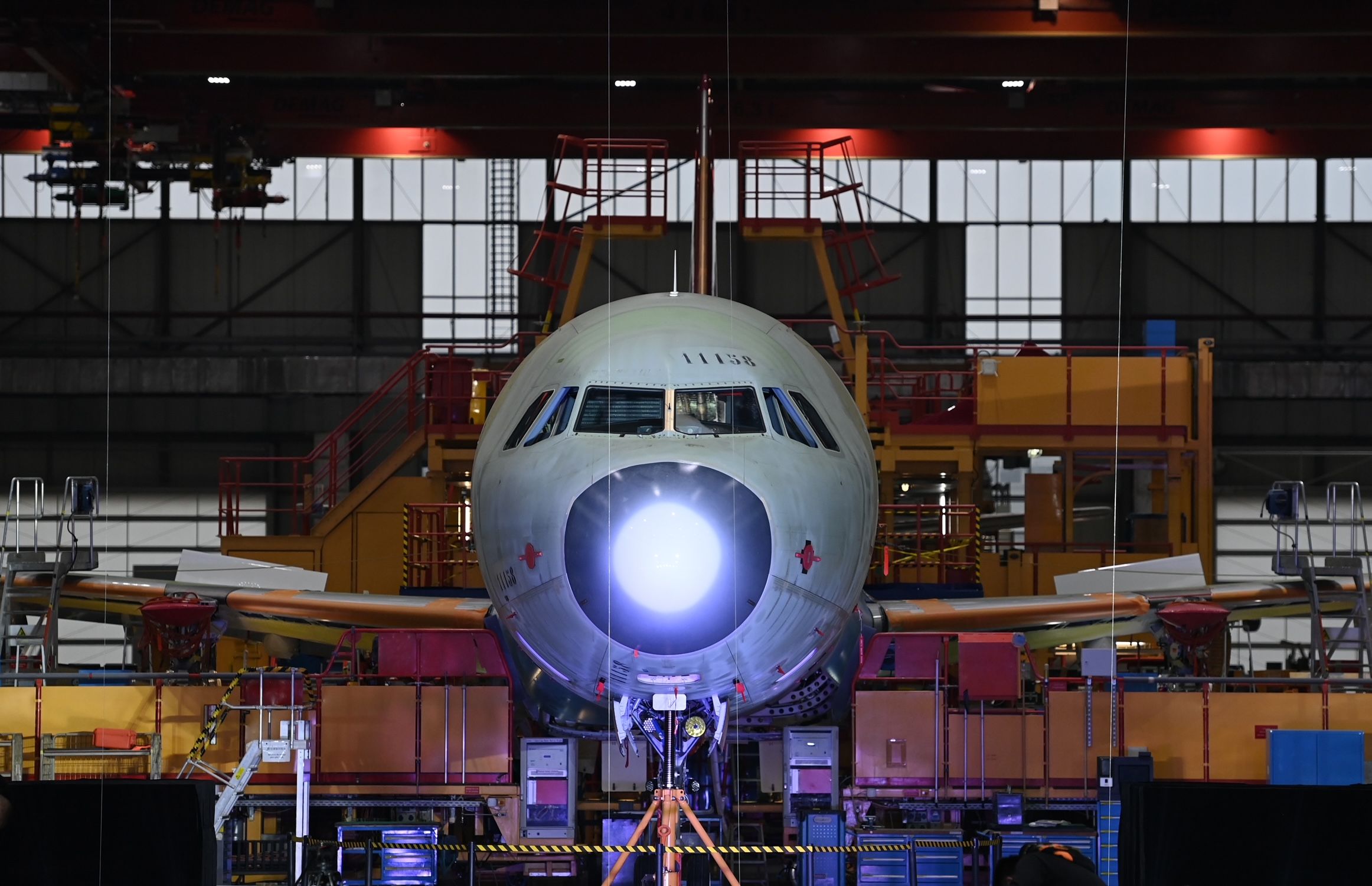
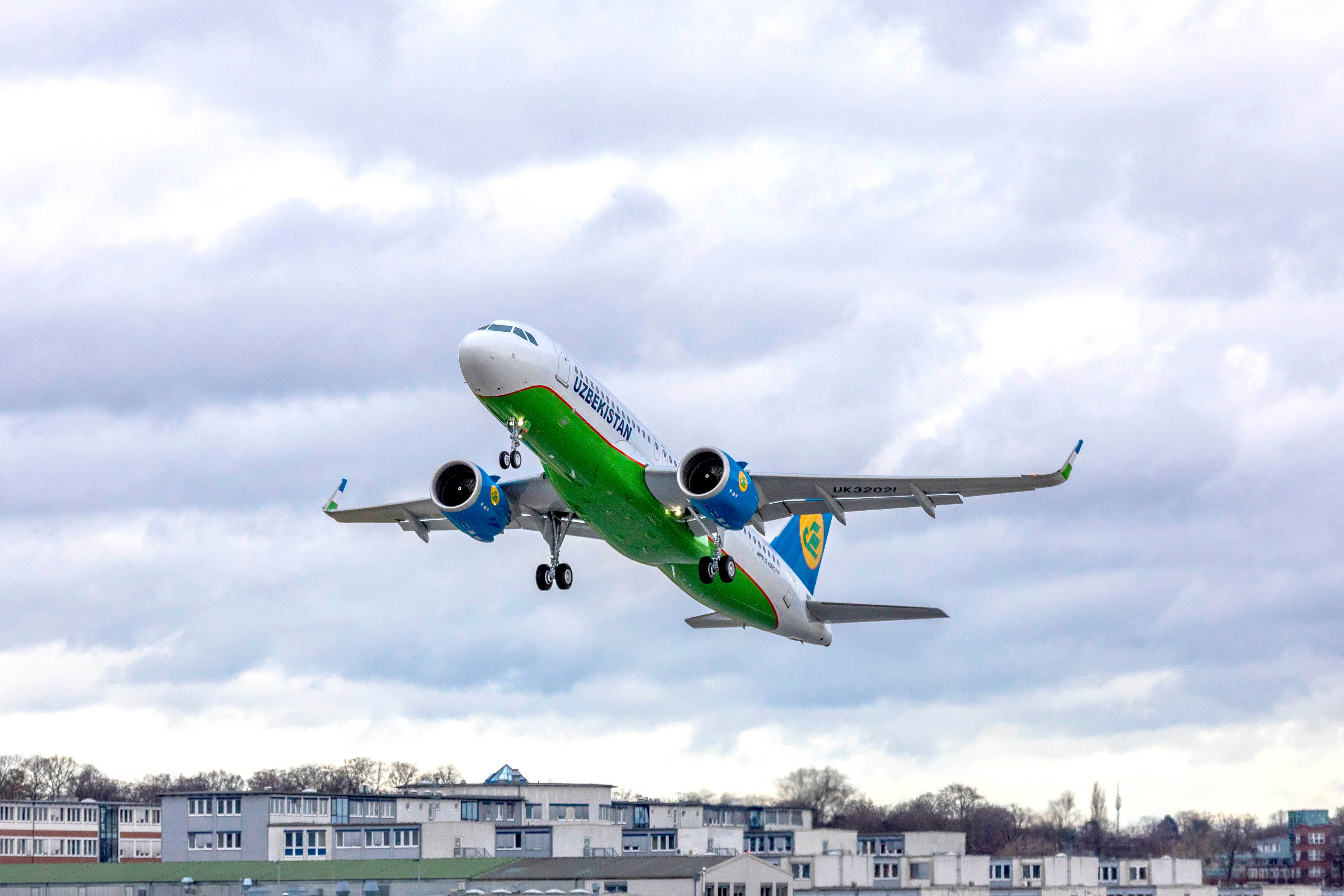
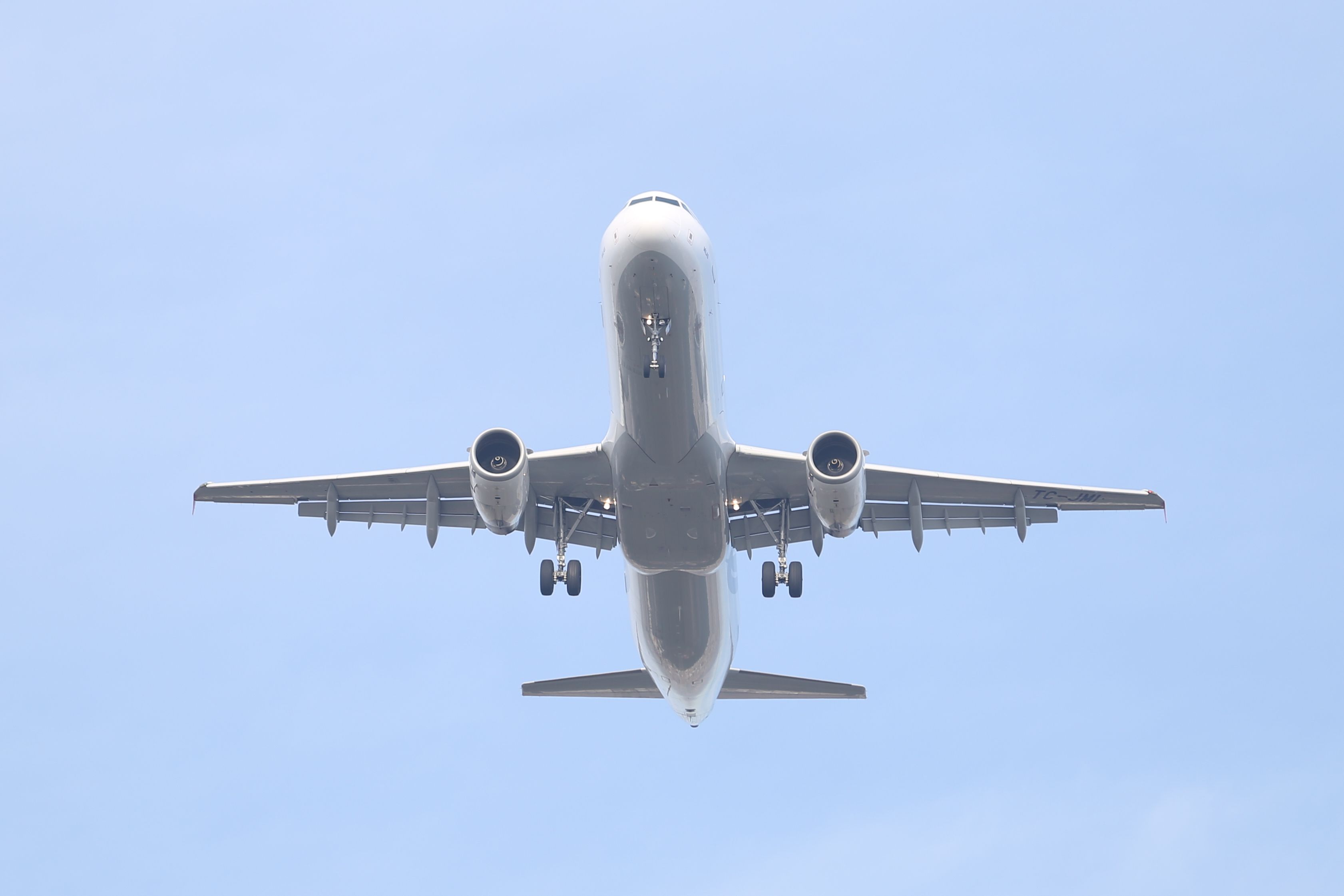
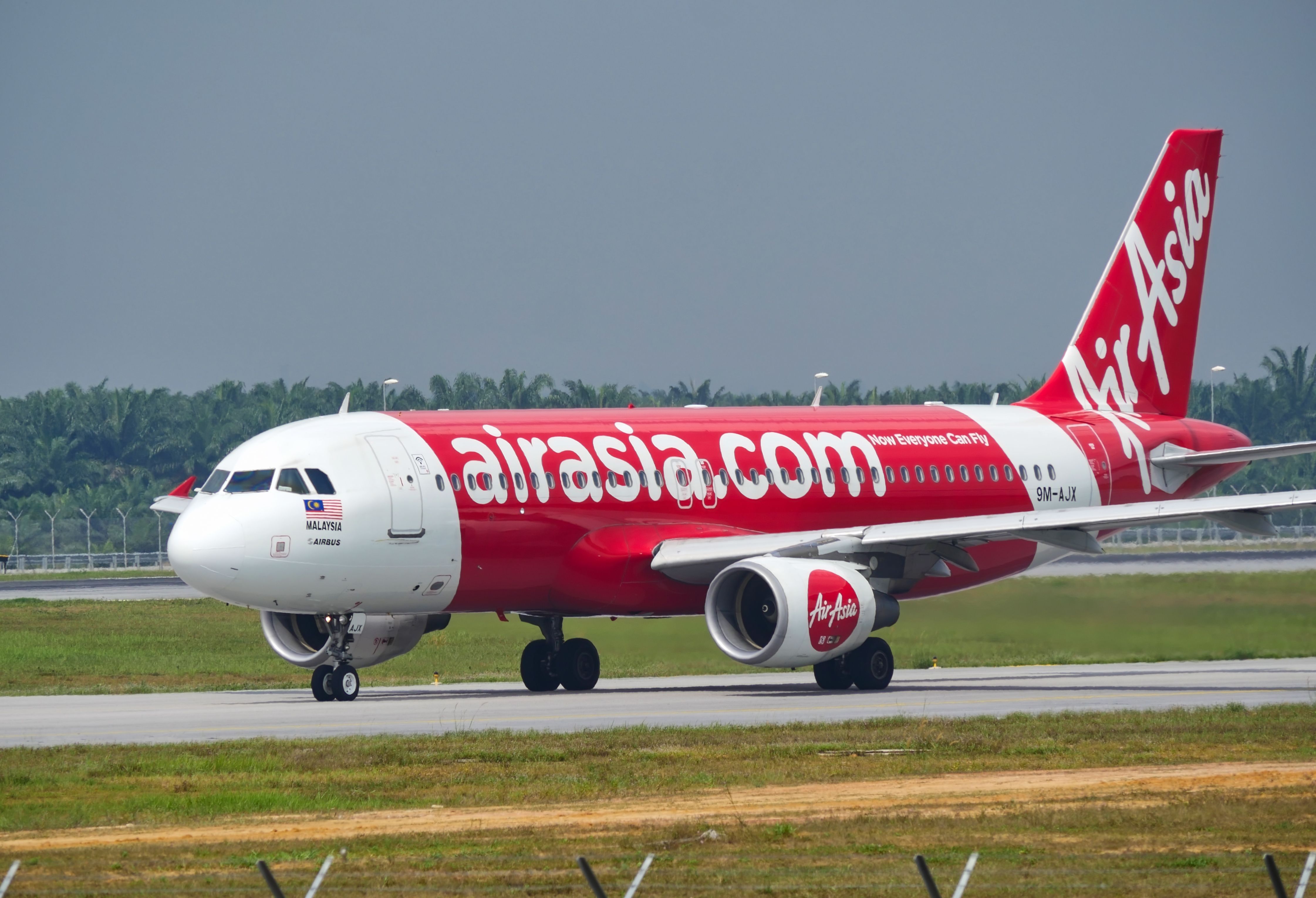
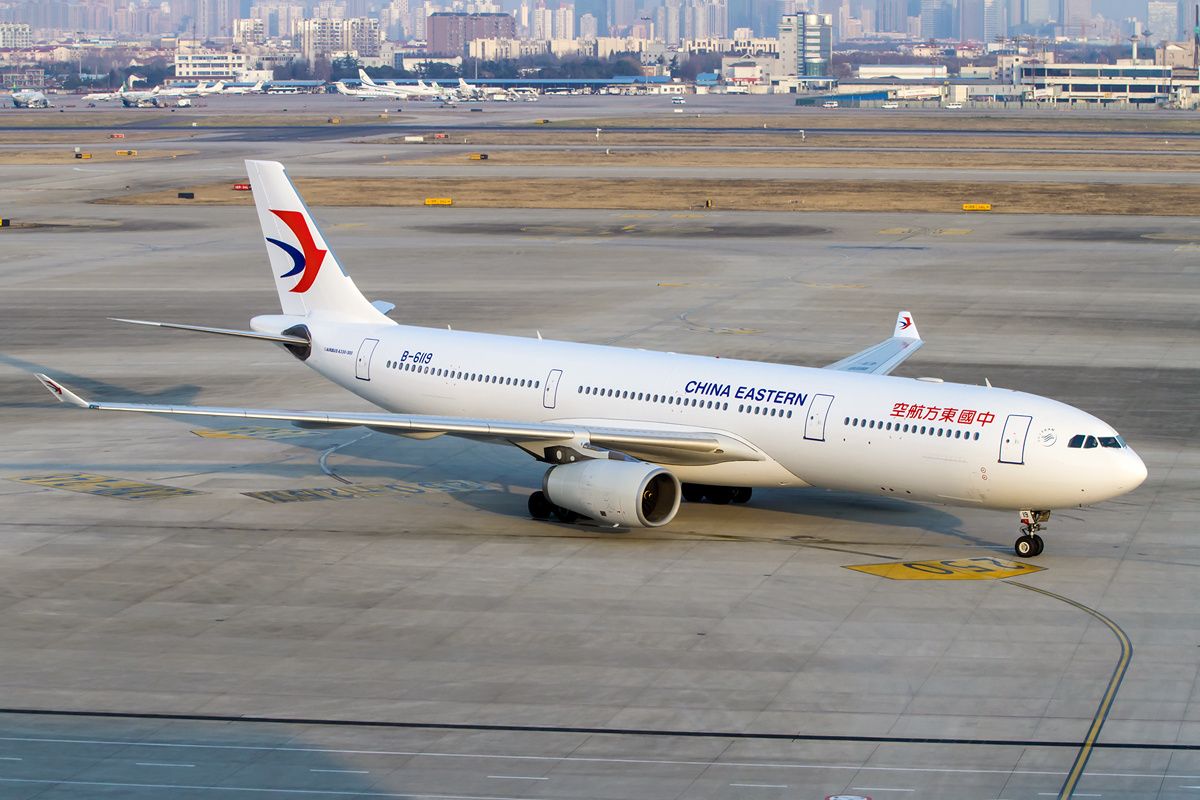
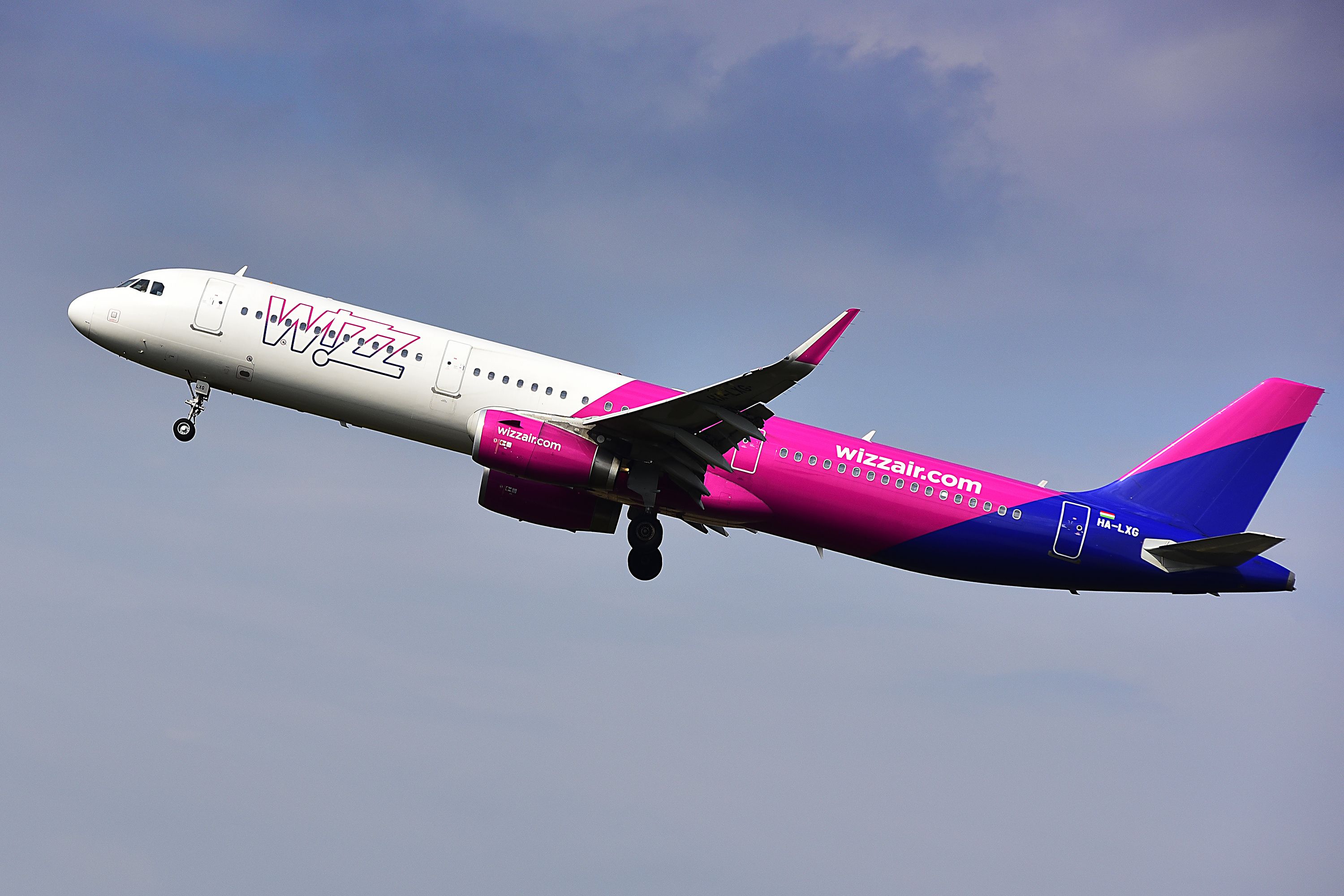

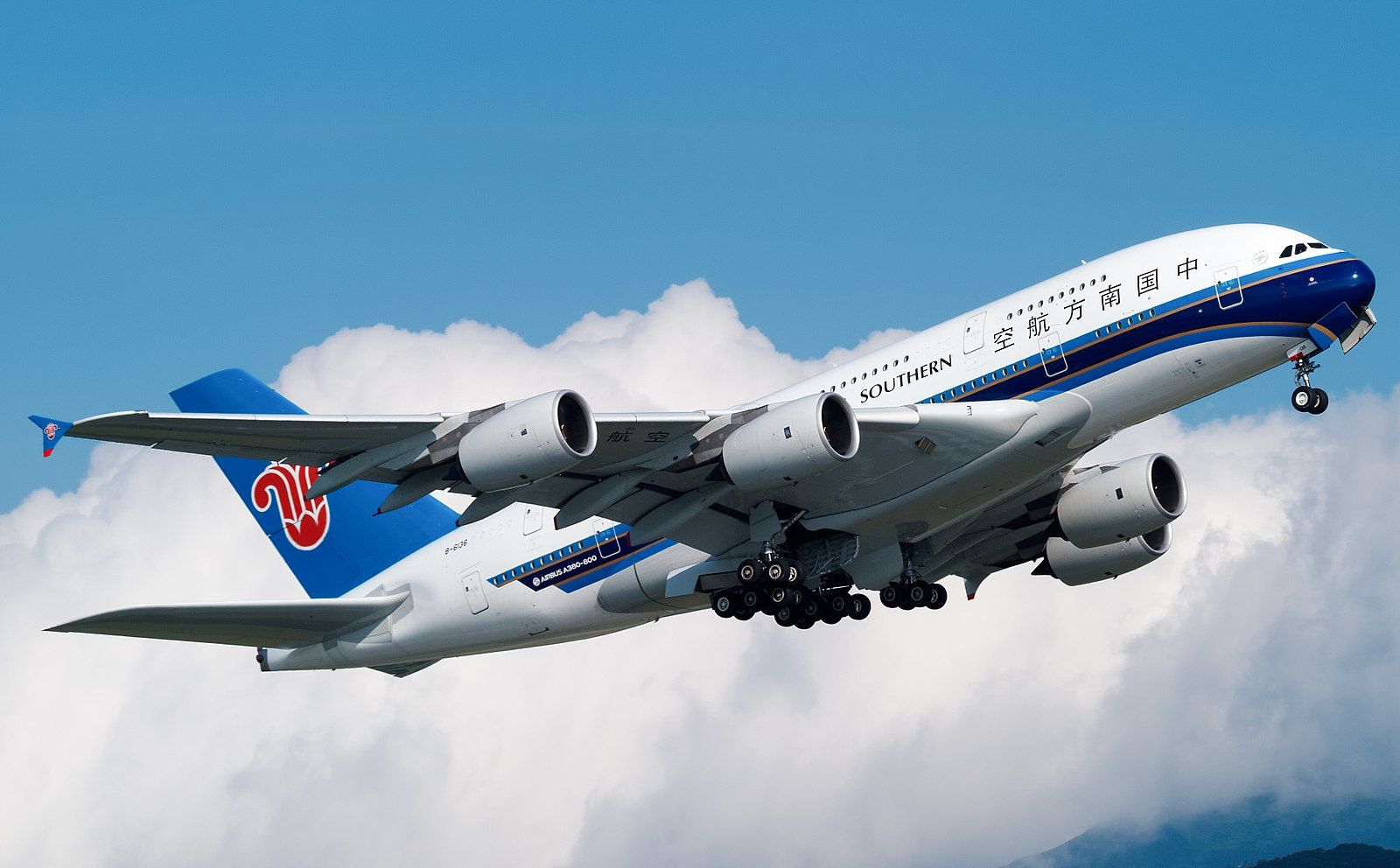
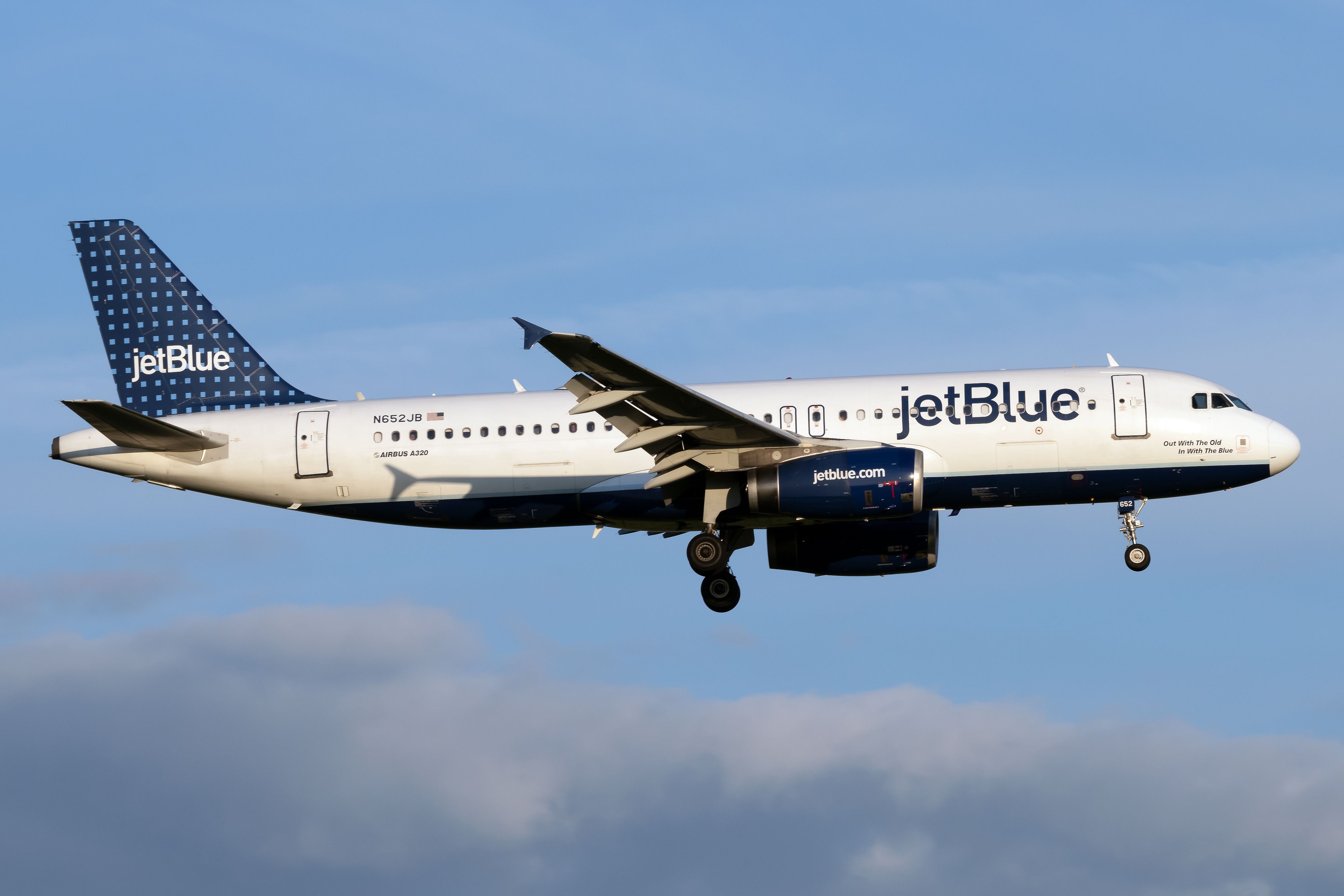
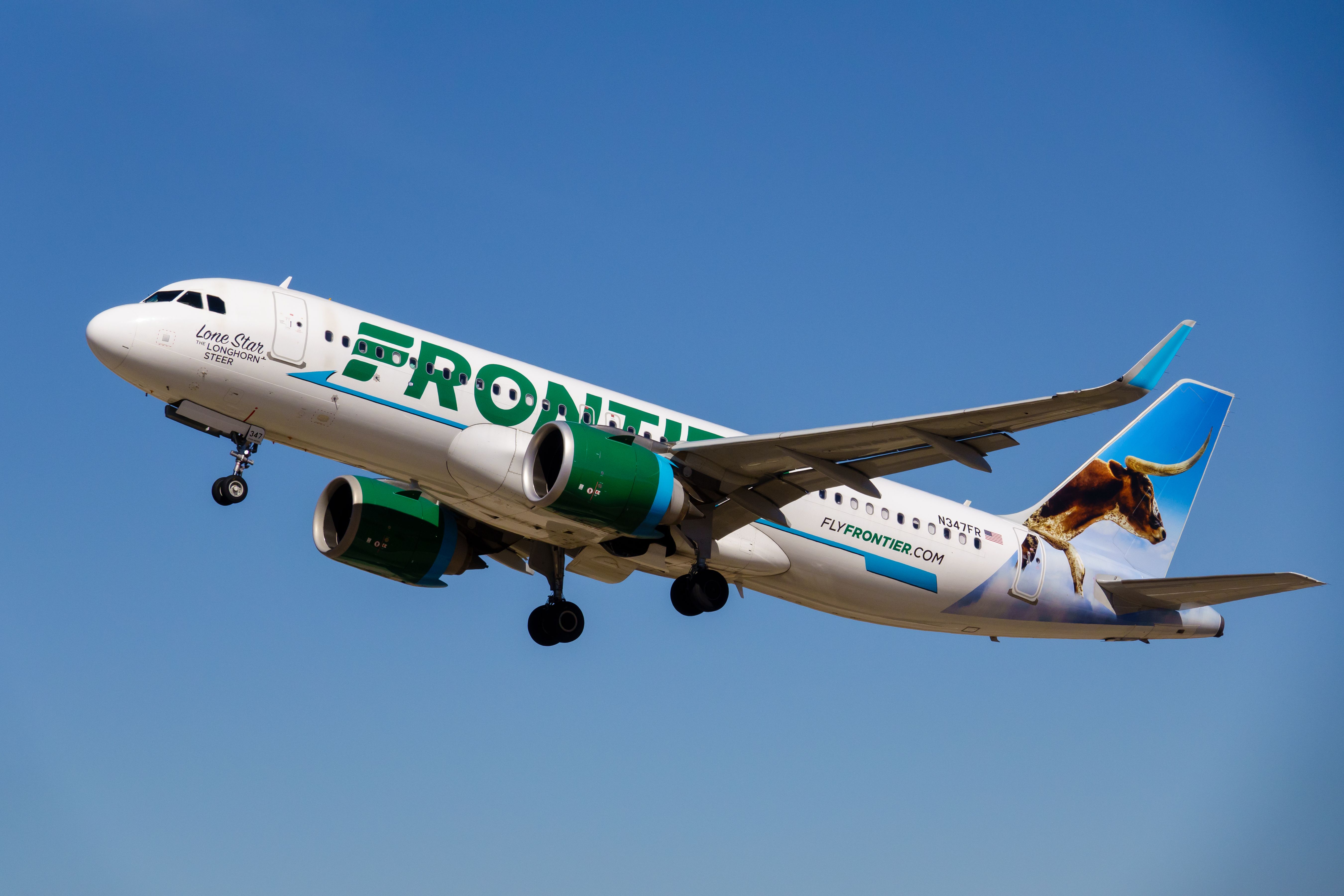 What do you think? Which order book is the most impressive? Let us know in the comments.
What do you think? Which order book is the most impressive? Let us know in the comments.